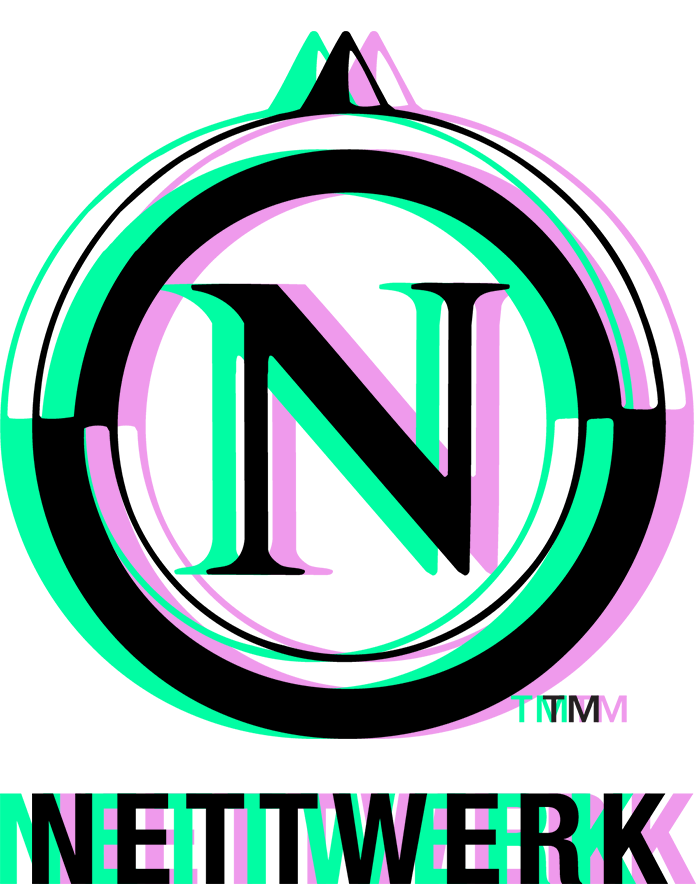Ladytron
LADYTRON earned a decade's worth of acclaim by relentlessly pushing boundaries, carving out new sonic and conceptual space and refusing to abide any formula or trend.So it's testimony to their craft to say that Gravity The Seducer, the fifth album from the electro-pop provocateurs, is vintage Ladytron — because, like each of the four preceding albums, it's not quite like anything the quartet has done before."People will always either want you to change completely or repeat over and over," says Ladytron's Daniel Hunt. "But, we are at the point where we don't really have to make any concessions to what people think we should be."Gravity The Seducer (out Sept. 12 in the UK and Sept. 13 in the US) comes on the heels of March's career-spanning retrospective, Best Of Ladytron: 00-10 and represents a remarkable evolution in the evocative yet precise pop fashioned by Hunt and bandmates Reuben Wu, Helen Marnie and Mira Aroyo.The new album finds the foursome framing the indelible vocal melodies of twin sirens Aroyo and Marnie with painterly soundscapes that shape-shift like cloud formations above the narratives' stark, vivid imagery. Hunt calls this metamorphosis of Ladytron's sound "baroque 'n' roll," but whatever the term, it's dreamy.Gravity The Seducer has emerged as the quartet's most cinematic work to date. "There is a strong lyrical thread of playful illusionary imagery of dreamlike scenarios and surreal landscapes that runs through the new album," Aroyo says. "I think it's our most coherent work, in terms of moods and themes," adds Hunt.But that wasn't necessarily the intent when Ladytron convened in the Kent countryside during the summer of 2010 to record the album with co-producer Barny Barnicott, who, since working on Ladytron's own Witching Hour in 2004 has subsequently overseen Arctic Monkeys, Kasabian and the Editors."When we began there was quite a bit of mischief involved, but often the things that start that way end as defining moments," Hunt says. "The way we envisioned this album was way more abstract — we thought we had this more atmospheric record, and it is, but it developed into something more accessible than we originally thought, a pop record, just in a different shape."That sensibility is embodied by the first track (and lead single) "White Elephant," a bouquet of keys, harpsichord and strings that features Marnie's satiny vocals. "In a way, it's the seed of the record," Hunt says. "It exemplifies the album in terms of attitude and mood." And, grouped with the ensuing songs, the insistent, catchy "Mirage" and the ethereal, foreboding "White Gold," it speaks to Gravity The Seducer's most formidable quality: a work whose sonic strata match its layers of meaning.The album's title comes from a track later in the album, "90 Degrees," another of Gravity The Seducer's defining moments, a desert-sky hallucination that attests to Hunt's claim that this chapter in the Ladytron saga was "about expanding our creative horizons."Unlike 2008's Velocifero — made after a couple of years of rigorous touring — Hunt, Wu, Marnie and Aroyo focused meticulously on their studio craft for Gravity The Seducer. "This is not an album we made with performance in mind, specifically," Hunt says. "In a way, when we made Velocifero, we were thinking about the show, because we were fresh off the road. This one was made while removed from that thinking – how records should be."The finished product is a feast for the head and the headphones."We haven't made a record we didn't love, but I think I love this more than any other," Hunt says. "I feel it's the most perfect work we've done."
